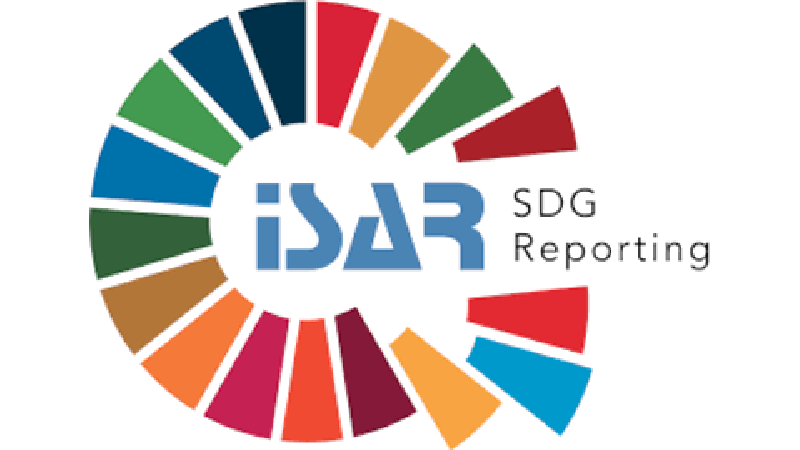This project intends to strengthen the capacities of Governments to measure and monitor the private sector contribution to the 2030 Agenda for Sustainable Development, in particular on target 12.6 Encourage companies, especially large and transnational companies, to adopt sustainable practices and to integrate sustainability information into their reporting cycle.
Company reporting on the 2030 Agenda is a complex issue that requires addressing a number of challenges, which may be grouped in two levels. There are issues related to the harmonization and consistency of financial information with sustainability reporting in general, and further issues with regard to aligning sustainability reporting with the SDGs monitoring framework and its indicators. However, many countries lack the institutional and technical capacity to adapt their corporate reporting environments to the new demands spurred by the 2030 Agenda and effectively assess the private sector contribution towards attaining the SDGs.
In this context, the project's goals are to:
-
Develop and implement a mechanism to coordinate efforts among different national authorities in establishing a sustainability reporting framework.
-
Help companies prepare and publish useful sustainability reports within that framework.
-
Support Governments in the collection of comparable and reliable information on companies' contribution towards the SDG implementation aligned with the global framework of SDG indicators.
At the heart of this mechanism is the integration of financial and non-financial information as part of companies’ reporting cycles.
The project will improve quality and facilitate international comparability of sustainability reporting, as well as enable multiple authorities within Governments to articulate, collaborate, and better assess the private sector contribution towards attaining the SDGs. Ultimately, the project will enhance the SDG monitoring mechanism.
Project timeframe:
-
Phase 1: The development of a sustainability reporting assessment tool supported by global consultations and inputs from international stakeholders in this field.
-
Phase 2: Roll-out at a country level (beneficiary countries). Distance training will be delivered to relevant authorities in preparation of a set of country-based activities including a national assessment of the financial and sustainability reporting structure supported by multi-stakeholder dialogue, workshops, and consultations.
-
Phase 3: Improving the reporting infrastructure in beneficiary countries by assisting national stakeholders in developing an action plan and implementing priority actions for high-quality sustainability reporting. UNCTAD will also assist companies in pilot-testing on the SDG indicators arising from the endorsed national action plan, and also governments to report on the SDG agenda.
-
Phase 4: Regional collaboration and experience sharing of the lessons learned from the pilot countries through two regional workshops (one in Africa and one in Latin America).
Targeted Stakeholders
Government officials in charge of SDGs monitoring, national authorities on enterprise accounting and reporting, including financial reporting and non-financial reporting, environmental and labour authorities, national statistical offices, professional bodies in accounting, preparers and users of the reports among others.

